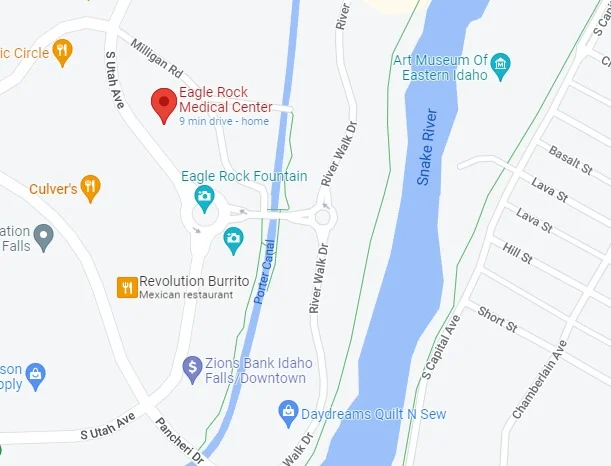According to estimates from an authoritative source, 25% of adults in the US suffer from painful joints. Joint pain occurs in different areas of the body, such as the hands, hips, and knees, and the pain can be intermittent or constant. But how do you know if your joint pain has become too severe? Here are some top signs to watch out for.
You Can No Longer Do Basic Tasks
Joints are the points of your body where two bones meet and are held together. Their main function is to facilitate movement, which allows you to perform various tasks that involve bending your knees or elbows or moving your hips and shoulders. If there’s a significant amount of pain, discomfort, or aches in your joints, that means you’ll not be able to use the natural range of your joints, and this will prevent you from doing basic tasks. Usually, when a person has severe joint pain, the area might be swollen, deformed, or completely immobile, which worsens the situation.
The Pain Is Chronic and Debilitating
Joint pain can be managed with home remedies, and sometimes the pain is not constant. However, when the pain becomes debilitating and constant, then that’s a sure sign things have gotten too severe.
Your Overall Quality of Life Has Been Reduced
The easiest way to know that your joint pain is too severe is to consider how much the quality of life has decreased after the problem started. If the joint pain has been affecting every part of your life and preventing you from living your best life, then that’s a clear sign. If you haven’t already, that means it’s time to seek healing treatment solutions.
What to Do When Joint Pain Becomes Severe
When joint pain becomes too severe, it’s important to seek help. Sometimes there may be no cure for the joint pain if it’s a symptom of conditions like osteoarthritis and rheumatoid arthritis. However, the pain can still be managed so that the quality of life improves considerably. Typically, simple at-home treatments like using a heating pad or ice pack are not enough to aid with joint pain. The patient may need to take pain medication and explore other healing treatments and therapies. The important thing to remember is you don’t have to live with severe joint pain. Contact us to learn more about joint pain or book a consultation if you’re currently seeking effective treatment solutions and need help managing severe joint pain.


